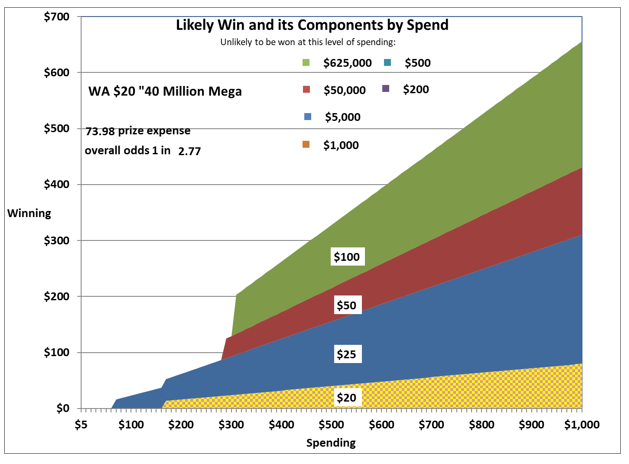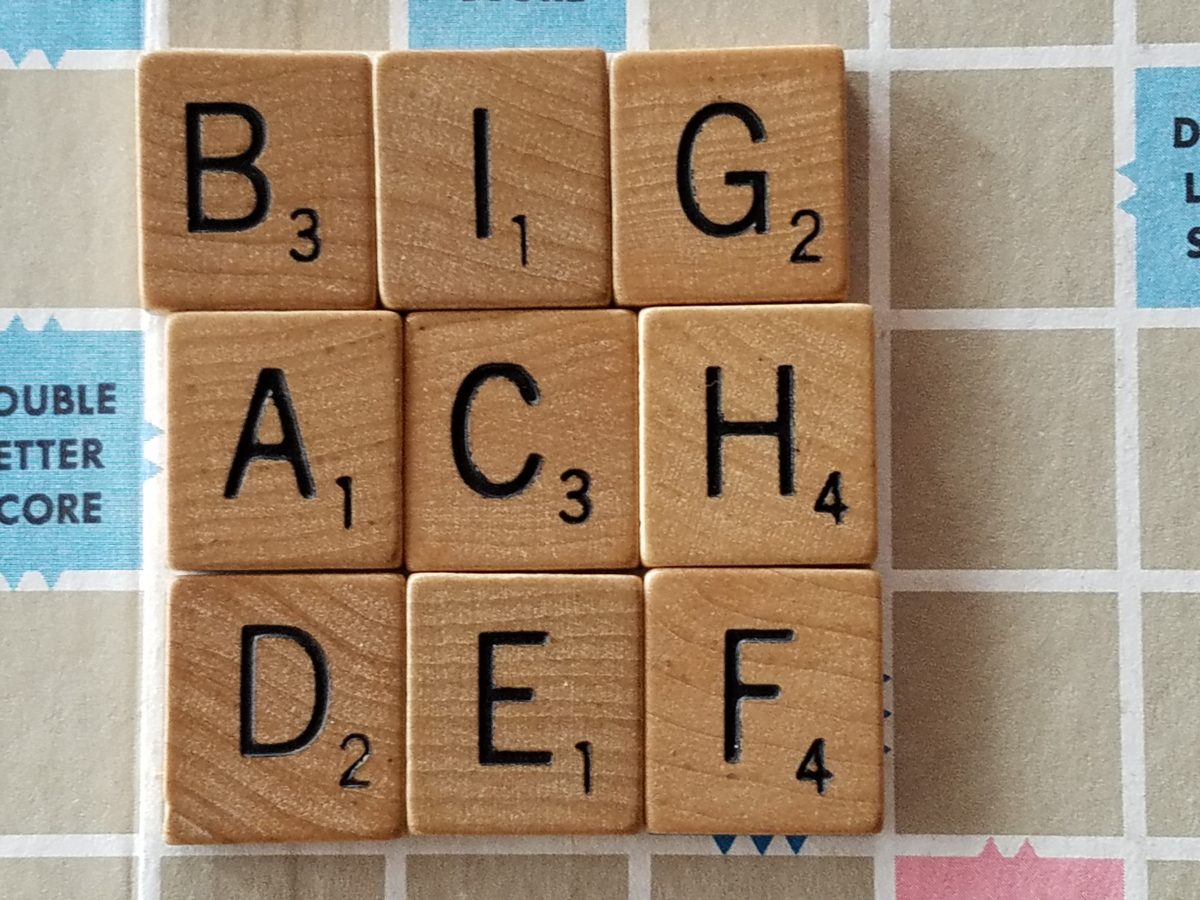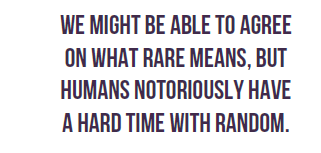When the jackpots are big enough, we see money pouring in. But ‘big enough’ keeps floating higher, and the number of players is not growing significantly. If we want to engage people to play more money more often, we need to give them better value. I discuss how to do that, in NASPL Insights April 2020.
Category: The Business of Lottery
lottery as a business operation
Seeing North American Lotteries in a Global Context
We are a big deal, but not the biggest. We are growing, but not as fast as some. We are proudly part of a truly global enterprise that produces, on average, over $3 million in annual sales per employee. The World Lottery Association provides this perspective, in the form of its annual Compendium, reviewed in NASPL Insights February 2020.
Slowly expanding territory of lottery games
Thinking about lottery games structurally helps us to understand how true innovation might happen. Players, however, have their own ways of thinking about games – notions not to be corrected, but simply understood as we offer new things. The folk categories might have to twist or expand to accommodate things like ‘Fast Play’ -i.e. instant games that print while we watch. This and other innovations appear in NASPL Insights December 2019.
Conversations with a Bookie- Part 2
Andre, the sports bookie who educated me about his business while we shared a row on a transcontinental airline flight, explained ‘hedging’ to me. Further, he pondered whether online influencers could constitute a substantial threat to the integrity of the business – a question that is unanswered, but perhaps increasingly important. Read about it in NASPL Insights September 2019.
Essence of Instant Games
Instant games are manufactured products, rather than live performances. Their prize values can be distributed however best keeps players engaged, rather than by clear and simple rules as is the case with draw games. Small wonder that they have been the big success story of the past 50 years or so. Take the long view with me, in NASPL Insights June 2019!

A Long Perspective on Draw Games
Draw games in North America show the marks of their making, mostly in the 1980s. Running these games is a performance that plays to a dwindling audience. Yet there may be ways to engage people in new modes, as I suggest in NASPL Insights April 2019.
Real Gains through Simulated Play!
A new look for lottery
And I mean a new ‘looking for’ as well as a new ‘look’. Rather than sticking to game mechanics that have simple, obvious math defining the outcome probabilities, let’s ‘look for’ play value first. Get the probabilities by numerical simulation (teaching a computer to play). The grid above could be worth significant money, in the game I describe in NASPL Insights February 2019!
Random is hard
Humans have a hard time with the abstract concept of randomness, especially as applied to rare events. A truly random process distributes rare events less evenly than we intuitively expect. In the lottery world, this can lead to some players winning more than seems ‘reasonable’. This can lead people to mistrust the lottery. Mistrust is amplified if some players buy winning tickets at a discount, from players who do not wish to identify themselves to the lottery. Lotteries may need to act quietly to preserve public trust, as I discuss in the December 2018 NASPL Insights.
Betting Randomly on Sports: New Lottery Territory?
People are publicly passionate about sports, as about little else. Where they bet money on sports, the collision of passions and skill can support a big business. Lotteries, accustomed to running games of pure chance, face a steep learning curve if they get involved in sports betting. But there is potential to use a sporting event to determine the outcome of a game of pure chance- if the player bets randomly. How can lotteries develop this opportunity? I explore this question in NASPL Insights September 2018.
Risky Business – Time for Insurance?
Historically, state-sponsored lotteries have relied on the sheer volume of transactions, achieved through their monopoly status, to make the risk of paying big prizes reasonable. However, these advantages may be absent when a new game is started. Other businesses have developed risk-sharing mechanisms, including insurance against specific risks. ‘Synthetic’ lotteries like Lottoland have shown these can work in gaming. There maybe something to learn here, as I discuss in NASPL Insights August 2018.


